Profound Pages: Books That Reshaped Me
As an Amazon Associate and member of other affiliate programs, I earn from qualifying purchases.
I love reading and mostly consume novels; I’m into characters and multi-layered story lines and plot twists. I used to read fiction exclusively but over the past decade I’ve delved more into non-fiction, mostly through audio books. In my non-fiction travels there have been many books I enjoyed and several I have revered but only a few that actually changed me. These four books have shaped the person I am today. They made me think and validated my gut instincts and gave me courage to grow in the most important areas of my life.
I’m sharing them here as many of the topics are relevant to the seasons of life we are all passing through. I listened to almost all of them on audio but then also bought the actual book as I found myself going back often to reference something. These books are my heart and soul, I hope you find them as helpful as I do!
How To Raise An Adult
‘How To Raise An Adult’ by Julie Lythcott-Haims is my parenting bible. I’m only sad that Julie wrote this book when my kids had already hit the teen/tween ages. I wish I had been able to read it when they were smaller; it would have helped me navigate and swim against the very strong currents of over-parenting that surrounded my experience. The book’s main focus is navigating the college application process with teens, a topic Julie became passionate about after spending many years as the Dean of Freshman at Stanford – seeing firsthand the effects of overprinting on a generation of incoming freshman at one of the most elite universities in America. It covers that topic in detail but there is so much more
This is supposed to be a short blurb to peak your interest in reading the book yourself but I will give you my 3 biggest takeaways:
-
Letting your kids fail (and get hurt) is the only way they are going to learn and build resiliency; trying to protect our kids from everything that can hurt them is doing more damage to their future mental health than any failure ever could
-
Model modern parenting for your kids by prioritizing things you enjoy that are independent of them; show them you have a life outside of their existence. Not only will they grow up to be more independent but they will be more likely to see you as a fully dimensional human vs. just their parent
-
The 2 most important things you can do while raising adults are: 1) Start them young with chores/household responsibilities and 2) encourage them to get a summer job in their teen years
If you have kids please read this book – it will change your life! And your kids’ lives!
ATOMIC hABITS
Atomic Habits. This book hit me so hard I literally refer to it mentally on a daily basis. The book is all about habits; how small habits can create big change, how to build successful habits, how to break bad habits and what your brain is doing as you perform habits. Clear’s framework mirrors how I approach many aspects of my life; fitness, eating, work and of course, organizing! My biggest epiphany: the guiding principles I use when organizing homes (including my own) are eerily similar to Clear’s 4 Laws of Behavior Change. If you are looking for ways to build (or build on) some good habits please read this book! There are so many effective strategies and tactics that Clear lays out you are almost guaranteed to succeed in whatever good habits you would like to instill, be they related to health, business, parenting or organizing! As a teaser the 4 laws of building effective habits (and keeping them!) are:
-
Make it obvious
-
Make it attractive
-
Make it easy
-
Make it satisfying
If you’ve been reading the blog for awhile you will find threads from this book woven through a lot of topics I write about. That’s because Clear’s themes echo across almost every aspect of my life and I can attest to the effectiveness of the tactics he writes about. This book is a game changer. Full Stop.
Lifespan
I became passionate about longevity after my mother had a stroke 8 years ago. I was terrified of having a stroke myself when I reached my mom’s age (early 70’s) because my maternal grandmother had also suffered the same fate at the same age; I began to obsess a little about doing all I could to avoid a stroke. When you are in the crazy-busy years of child-rearing it is really hard to focus on your own health because of constraints on time, family dynamics and energy-levels that feel consistently sapped. I happened upon a book called Lifespan by David A. Sinclair, Professor of Genetics at Harvard Medical School, who challenges the notion that aging is inevitable and instead offers the theory that it is a disease than can be treated. The book offers a lot of compelling science pointing to the probability that aging is treatable. If you read it you’ll learn a lot about sirtuins, recently-discovered signaling proteins that represent a promising target for slowing down the aging process. I won’t go into all of the super-exciting science and emerging technologies that Dr. Sinclair discusses in the book, but I did have 3 big take-aways regarding lifestyle habits that help you stay healthier longer. These are things you can do now that will pay dividends later and they all have to do with putting a little bit of stress on your system, which engages your longevity genes.
-
Diet: Eat Less Often & Eat Less Meat
-
High Intensity Exercise
-
Exposure to Cold
I give myself an ‘A’ on the Exercise, a ‘B’ on Diet and a ‘C-’ on Exposure to cold. Everything is a work in progress but thanks to Lifespan I think about this stuff all the time!
Being Mortal
Being Mortal is a must read if you have aging parents. It will help put the process of long term care into perspective and aid in conversations with your parents about what quality of life means to them. I’m not going to give a synopsis of the book and you should read the whole thing (it’s quick, I read it cover-to-cover on a cross-country flight) but here are some takeaways that have stuck with me over the years since my physician father made me read it:
-
Understanding what it takes to live independently – There are many options out there for where/how to live in your last years/decades. Understanding the framework for independent living will help making choices about the potential need for a new living situation easier to navigate.
-
How to have a conversation when you’ve received a scary diagnosis – I haven’t had to have one of these yet but I am ready for it if/when I do! The answers to 3-4 questions can help both you and your parent not only at the time of the diagnosis but they also serve as a beacon through the inevitable twists and turns in the road
-
Primer on Palliative Care – I didn’t have an understanding of what palliative care is before I read this book but now feel better equipped to discern when treatment is the best choice and when it isn’t.
Whether these books are relevant for you now or you file them away for later they can act as guideposts as you move through your life, and guideposts are so helpful aren’t they?

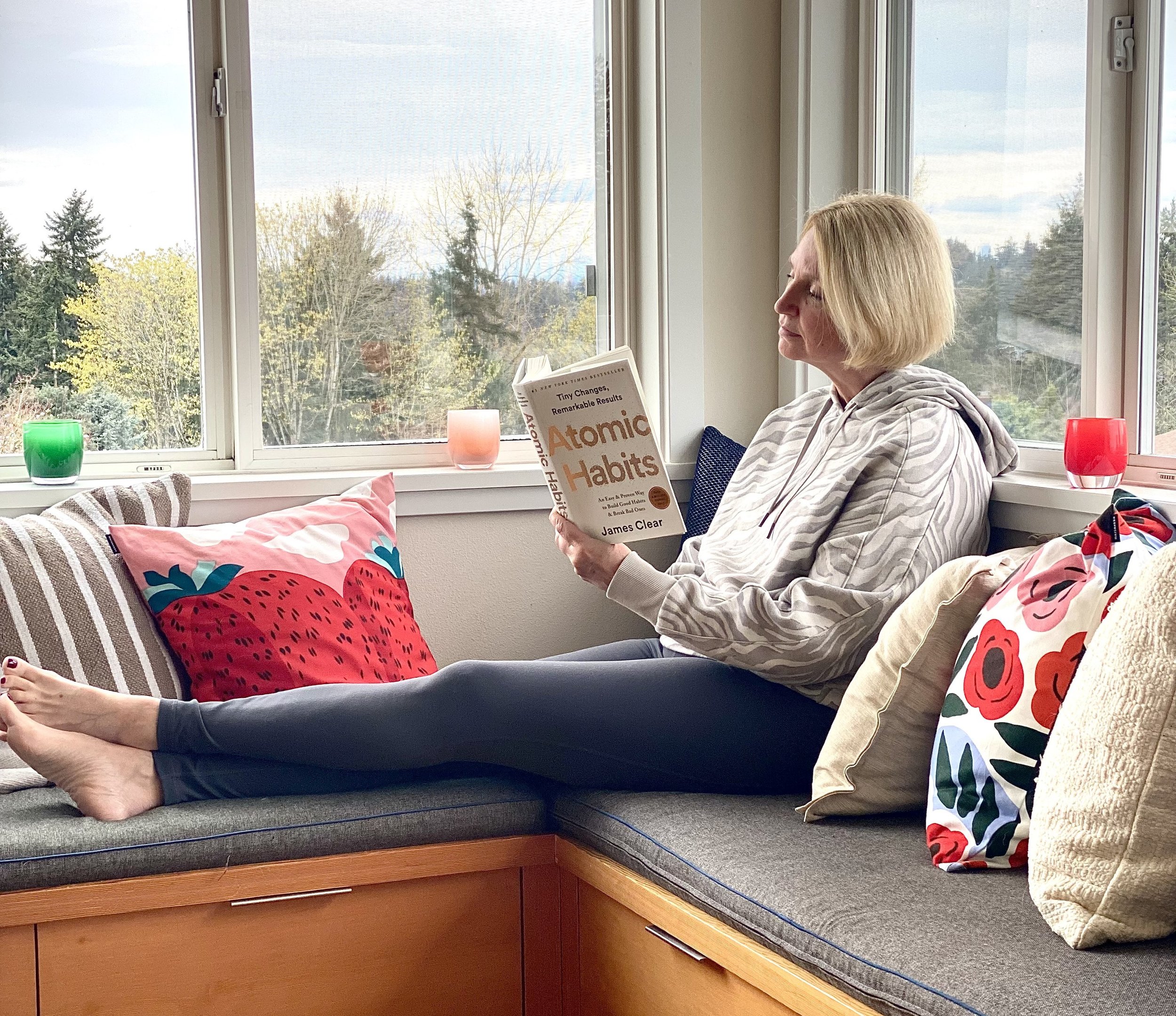
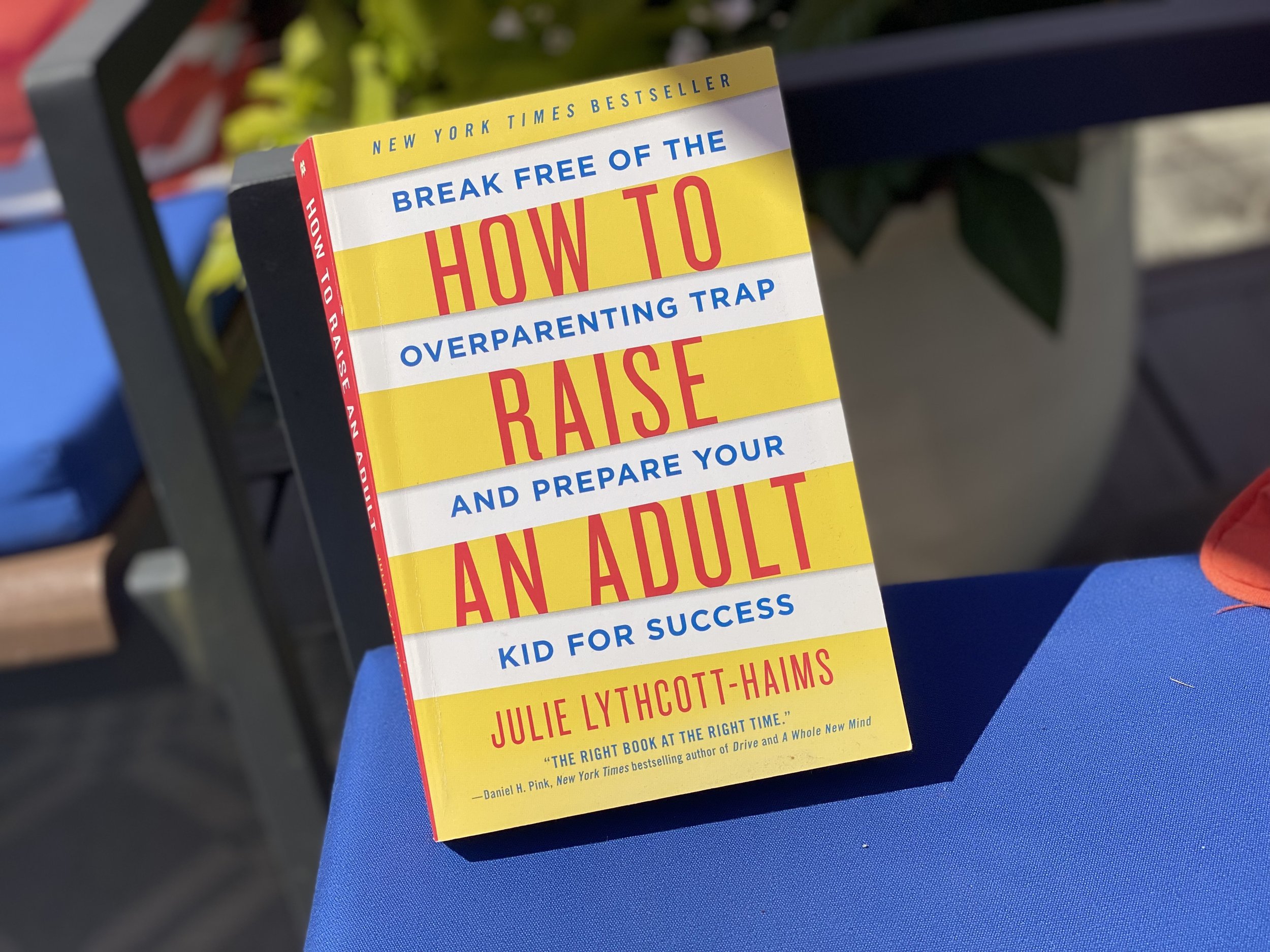
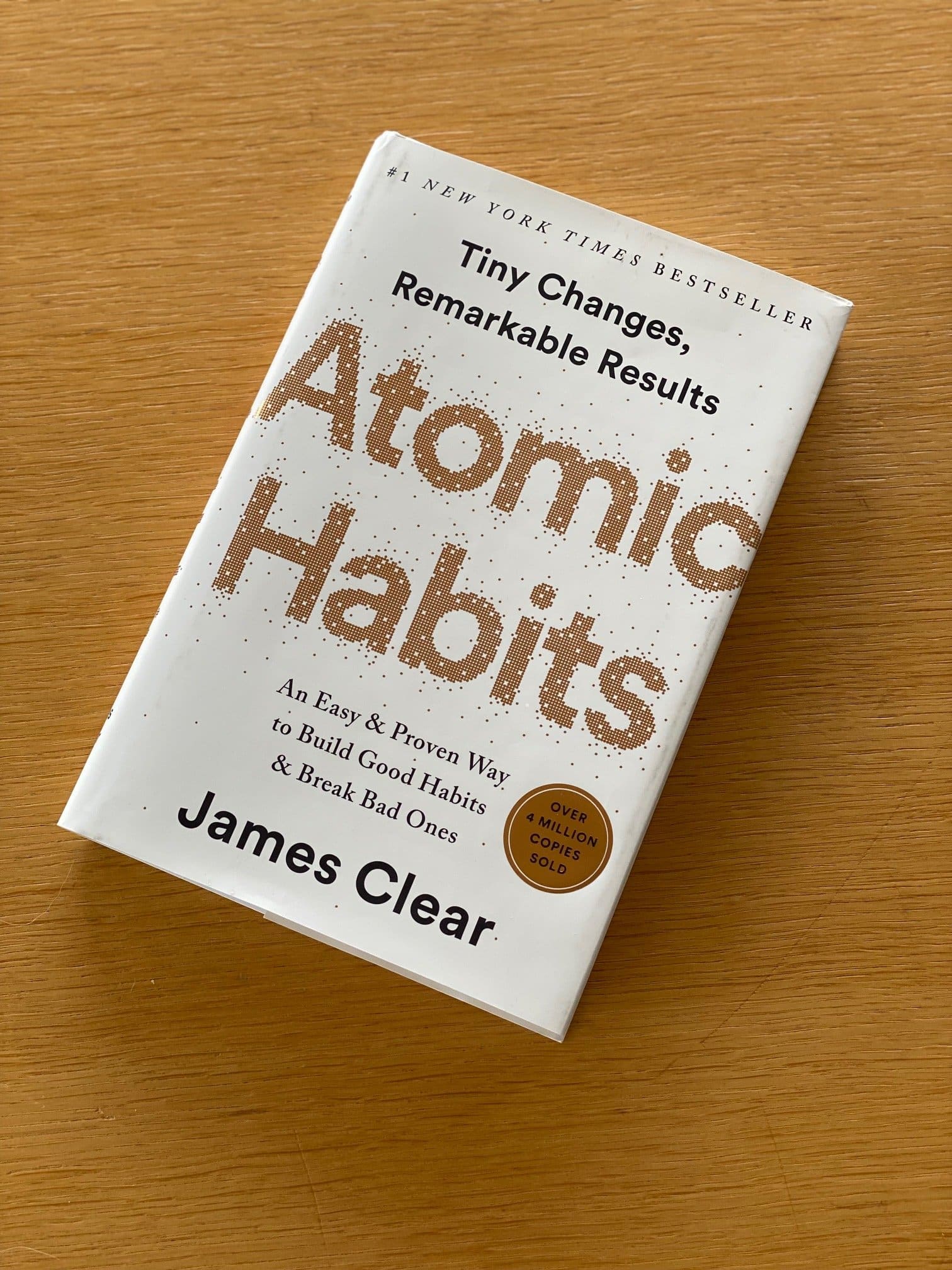
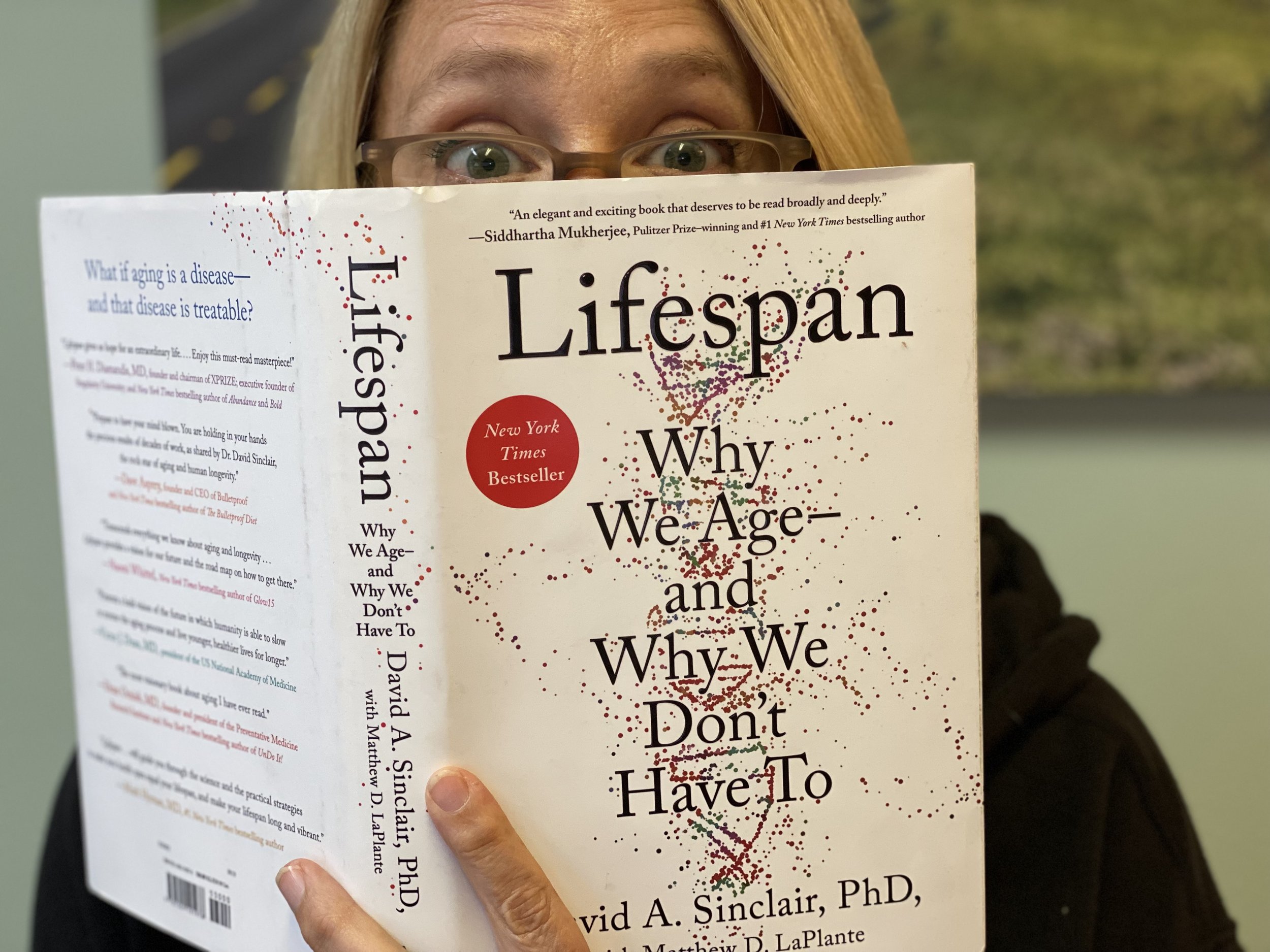
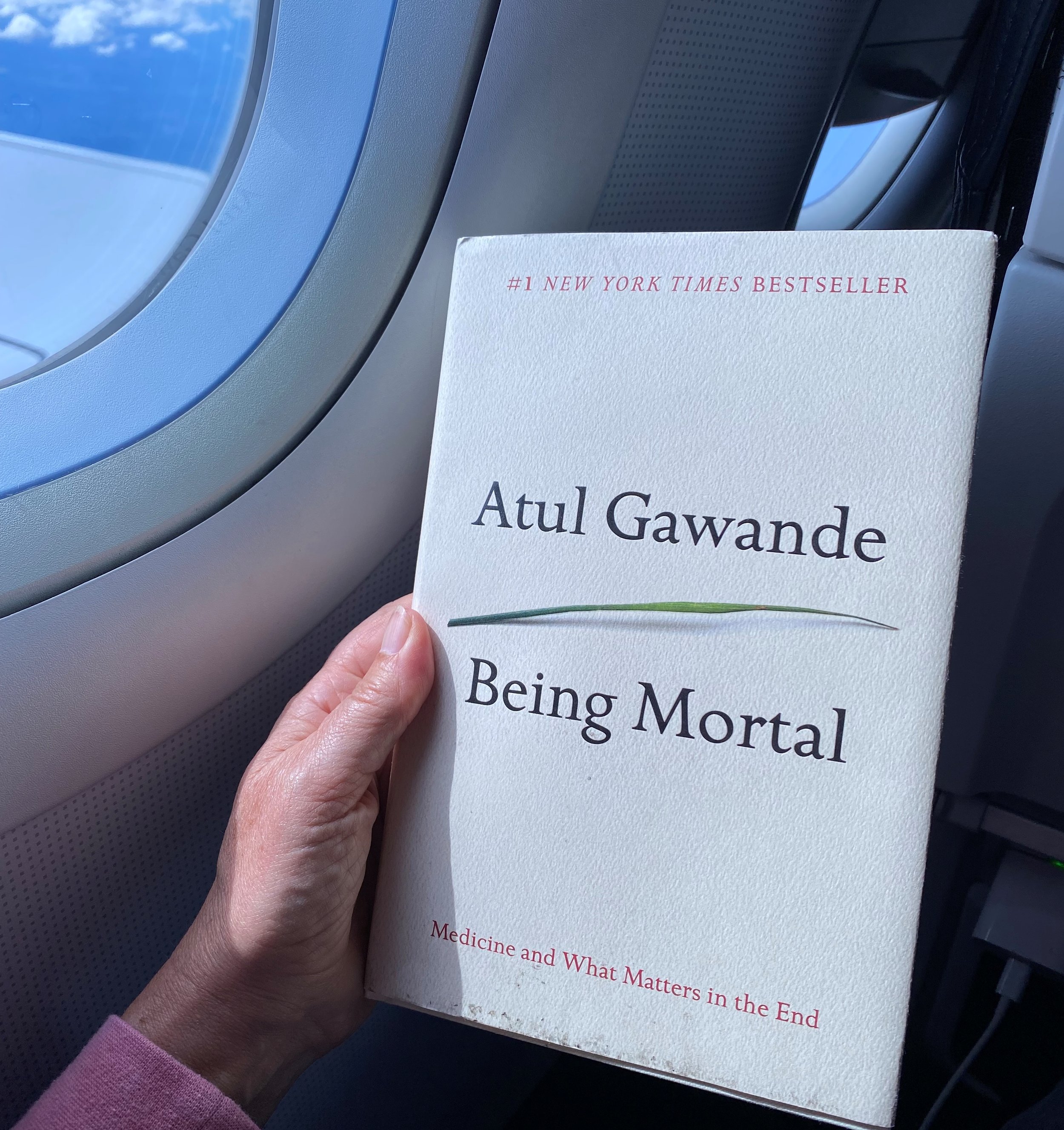

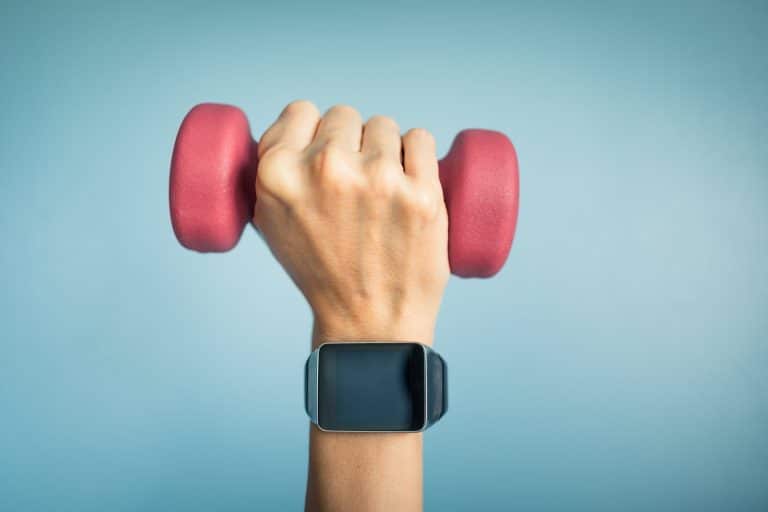
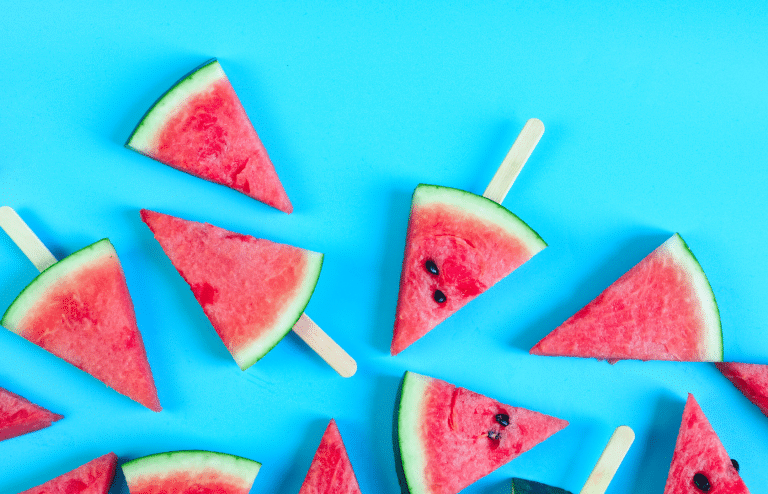
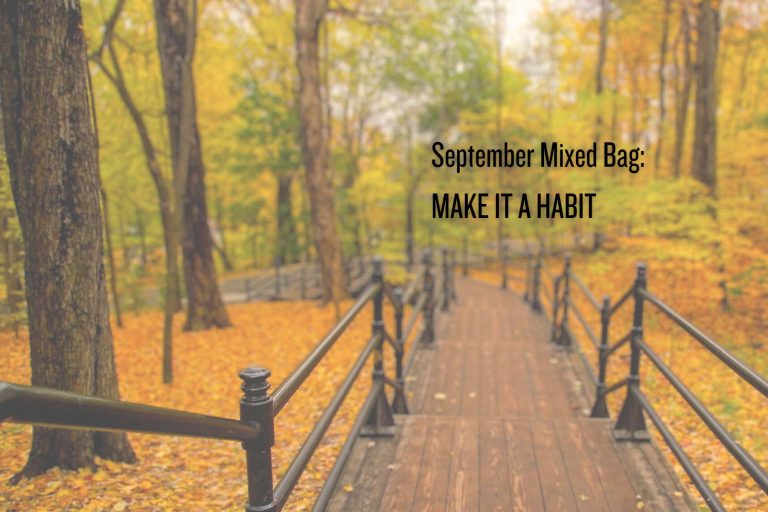
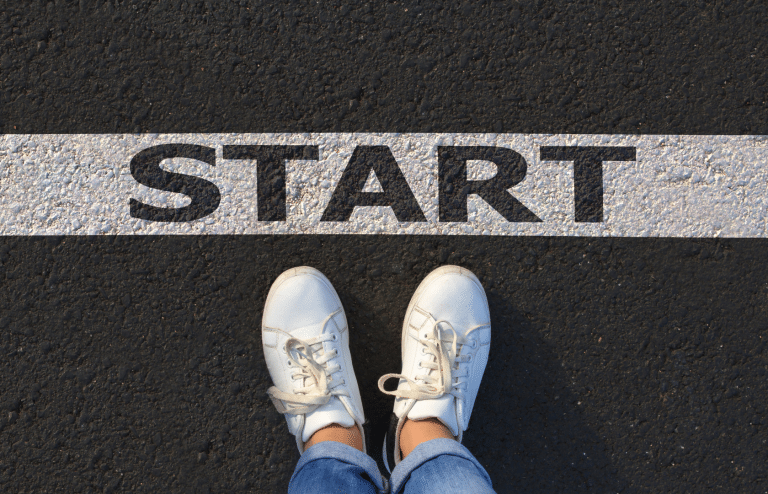
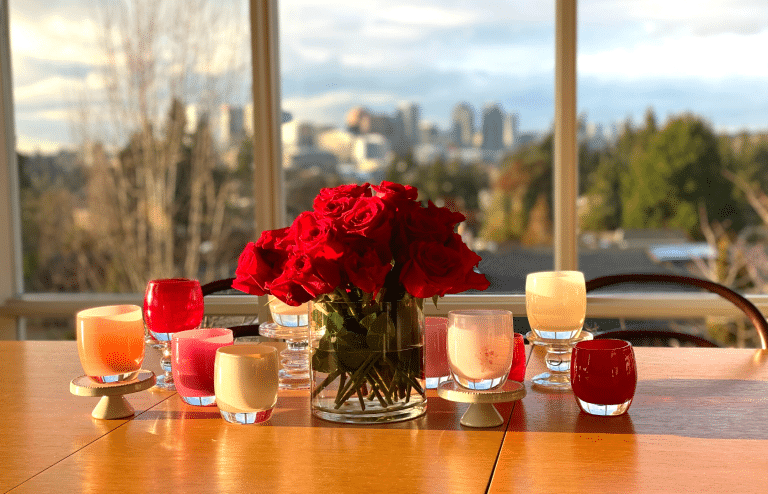
Method Seattle Comment Policy
We welcome relevant and respectful comments. Off-topic comments may be removed.